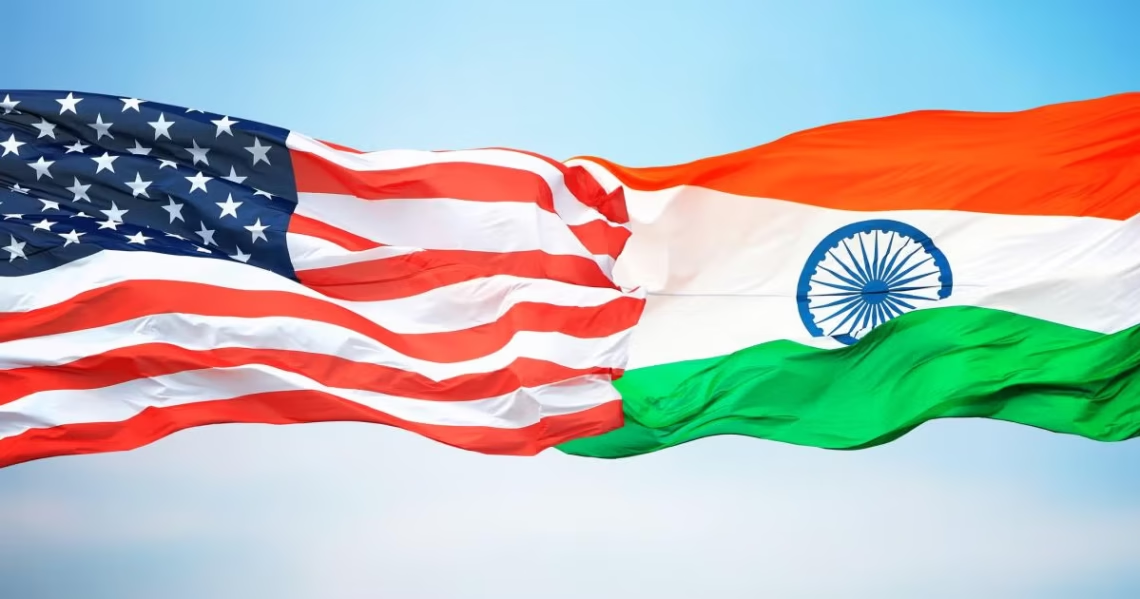For centuries, India has been synonymous with spices, the fabled ‘Land of Spices’ that lured explorers across oceans. Today, this legacy continues, but with a modern, crucial twist: the burgeoning global demand for organic Indian spices. In 2025, it’s clearer than ever that international markets – from the discerning kitchens of Europe and the health-conscious consumers of the USA to emerging markets across Asia – have developed a deep appreciation for spices grown in India under certified organic conditions. What fuels this global adoration? At Radiance Overseas, exporting these fragrant treasures is our passion, and we see the reasons daily: a potent blend of inherent quality, incredible diversity, and the assurance of trust built through rigorous certification and ethical sourcing.
1. Unmatched Quality Rooted in Terroir
Indian spices possess unique flavour profiles, aromas, and colours largely attributed to the country’s diverse agro-climatic zones. The specific soil composition, altitude, rainfall patterns, and temperature ranges in different regions contribute to the distinct characteristics of spices grown there. For example:
- Turmeric: Varieties like ‘Lakadong’ from Meghalaya boast exceptionally high curcumin content (a key factor for health benefits and colour), while turmeric from Andhra Pradesh and Tamil Nadu also has unique profiles sought globally. Organic cultivation further enhances these natural qualities by ensuring the soil is healthy and free from chemical residues that could dull the spice’s potency.
- Black Pepper: The Malabar coast, particularly Kerala, is the historical heartland of black pepper (‘Malabar Garbled’), known for its pungent heat and complex aroma. Organic farming methods, focusing on soil health and natural pest management, allow the piperine compound (responsible for pungency) to develop fully.
- Ginger: Varieties from states like Kerala (‘Cochin Ginger’) or Assam offer differing levels of pungency and fibre content, catering to diverse culinary and medicinal uses. Organic ginger is prized for its clean taste and assurance of no harmful residues.
- Cardamom: The ‘Alleppey Green’ cardamom from Kerala is world-renowned for its intense aroma and flavour, a quality preserved and potentially enhanced through careful organic cultivation and processing.
Organic farming practices, by definition, avoid synthetic pesticides, herbicides, and fertilizers. This not only addresses consumer concerns about chemical residues but also allows the spices’ natural, complex flavours and aromatic compounds to develop without interference. The result is a cleaner, more potent, and authentic taste experience that discerning global consumers value highly.
2. A Universe of Diversity
India’s spice basket is extraordinarily diverse, offering a vast range unmatched by most other single origins. Beyond the globally recognized ‘big four’ (pepper, chili, turmeric, ginger), India is a major producer and exporter of numerous other organic spices, including:
- Seed Spices: Cumin, coriander, fennel, fenugreek, mustard seeds – staples in many global cuisines.
- Tree Spices: Cinnamon (cassia), cloves, nutmeg, mace.
- Herbal Spices: Mint, curry leaves, ajwain (carom seeds).
- Chilies: An incredible array of varieties differing in heat, colour, and flavour, from the fiery Guntur chilies to the colourful Kashmiri chilies.
This sheer variety allows India to be a one-stop source for importers seeking a wide range of organic spices. It caters to the needs of diverse culinary traditions globally and the growing trend of fusion cuisine, where unique spice blends are constantly sought after. Radiance Overseas prides itself on sourcing and offering a comprehensive portfolio of these high-quality organic spices.
3. The Assurance of Certification and Trust
In the organic market, trust is non-negotiable. Consumers and importers need assurance that the product labelled ‘organic’ genuinely meets strict standards. India’s NPOP (National Programme for Organic Production) certification provides this foundational trust. Its recognition as equivalent by the EU and Switzerland streamlines access to these key markets.
Furthermore, many Indian organic exporters, including Radiance Overseas, go the extra mile to obtain certifications required by specific markets, such as:
- USDA NOP (National Organic Program): Essential for the lucrative US market.
- JAS (Japanese Agricultural Standard): For exports to Japan.
- Other private standards like Demeter (for Biodynamic products) or Fair Trade certifications, addressing ethical sourcing concerns.
These certifications involve rigorous inspections, audits of farming practices, traceability systems, and processing facilities. They provide verifiable proof that the spices are grown and handled according to strict organic protocols, free from prohibited substances and GMOs. This commitment to certification builds confidence and justifies the premium price often associated with organic products.
4. Growing Health Consciousness and Demand for Purity
The global wellness trend has significantly boosted demand for organic spices. Consumers are increasingly aware of the potential health benefits associated with spices like turmeric (anti-inflammatory properties of curcumin), ginger (digestive aid), cinnamon (blood sugar regulation), and others. They seek these benefits from pure, unadulterated sources.
Organic spices guarantee the absence of synthetic pesticide residues, irradiation (often used for microbial control in conventional spices but prohibited in organic), and genetically modified organisms (GMOs). This aligns perfectly with the consumer demand for ‘clean label’ products and food safety. Stories about adulteration or high chemical residues in conventional spices further drive consumers towards the perceived safety and purity of certified organic options.
5. Ethical Sourcing and Sustainability Narratives
Beyond just the product itself, the story behind it matters. Many organic spice farms in India are smallholder operations. Organic certification often involves adherence to certain social standards, and supplementary certifications like Fair Trade explicitly address farmer livelihoods and community development. Global buyers are increasingly interested in ethical sourcing and supply chain transparency.
Organic farming methods are inherently more sustainable, focusing on soil health, biodiversity, and reduced environmental impact compared to conventional, chemical-intensive agriculture. This resonates with environmentally conscious consumers and brands looking to align with sustainable values. Indian organic exporters who can effectively communicate their commitment to both ecological sustainability and farmer welfare gain a competitive edge.
Conclusion: The Spice of Life, Organically Grown
The global love affair with Indian organic spices in 2025 is built on a solid foundation: unparalleled quality derived from unique terroir and enhanced by organic practices, incredible diversity catering to every palate, the verifiable trust provided by rigorous certifications (NPOP, USDA, EU Organic), and alignment with global trends towards health, purity, and sustainability. As Radiance Overseas continues to connect dedicated organic farmers in India with discerning buyers worldwide, we witness the enduring appeal and growing importance of these fragrant, flavourful, and ethically produced treasures from the Land of Spices.


